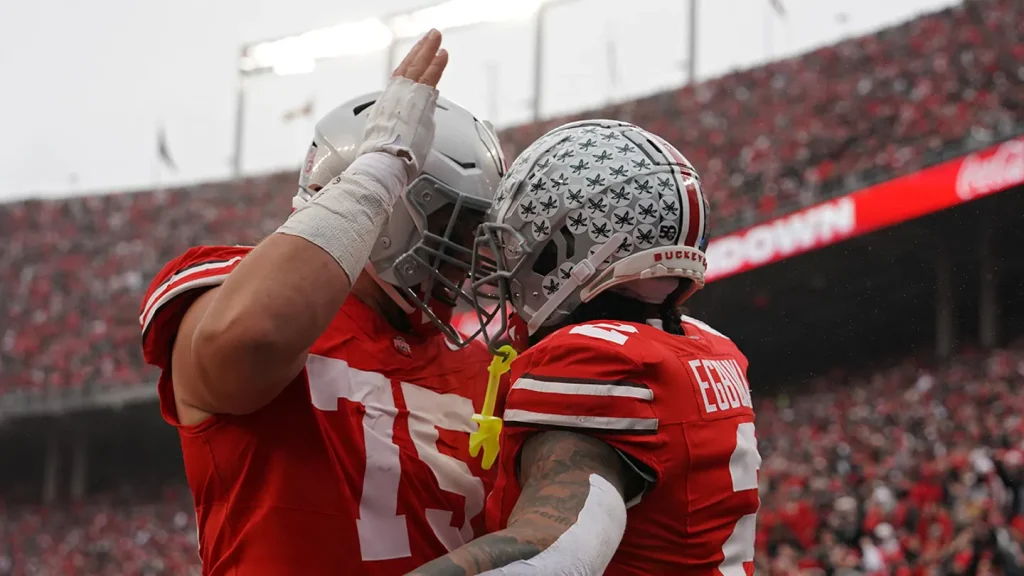Federal NIL Legislation: A New Era for College Sports?

Congress is now stepping in to try and regulate the compensation college athletes can receive from their name, image, and likeness, or nil.1 The current nil landscape, often described as the “wild west,” has created a patchwork of differing state laws, leading to what some believe is an unfair and unsustainable environment.2
The Problem with the Current System
The conversation about nil regulation in congress is driven by a number of concerns. One of the main issues is the inconsistency of state laws.3 A college in a state with more lenient nil rules might have a recruiting advantage over a school in a state with stricter regulations. This lack of a national standard has led to legal uncertainty for athletes, schools, and businesses alike.4 The ncaa and various conference commissioners, like the acc’s Jim Phillips, have repeatedly called for federal intervention, arguing that a unified national law is necessary to provide stability and a level playing field.5 They feel that without it, the current system is causing significant damage to the enterprise of college sports.6
A federal court settlement approved earlier this summer has also fueled the debate.7 This settlement, which allows schools to directly pay student-athletes up to $20.5 million per year, is a huge step for athlete compensation.8 However, opponents of the current system, including some members of congress, believe that most of this money will go to athletes in high-revenue sports like football and men’s basketball, at the expense of other sports.9 This raises concerns about equity, particularly for women’s sports and olympic sports.10
The Competing Congressional Bills
There are competing bills in both the house and senate aimed at regulating nil.11 The “College Student-athlete Protections and Opportunities through Rights, Transparency, and Safety (College sports) Act,” introduced by representatives Lisa McClain and Janelle Bynum, is one example.12 It seeks to establish a national standard for nil compensation and provides health and financial protections for student-athletes. This bill also includes a provision that would prevent student-athletes from being classified as employees, a point of major contention.
However, many democrats and players associations from major professional leagues oppose this type of legislation.13 They argue that such a bill would limit athletes’ rights as workers, including their ability to unionize or bargain collectively.14 A separate bill, the “College Athlete Economic Freedom Act,” aims to grant college athletes an unrestricted federal right to market their nil, and would allow international college athletes to do the same without jeopardizing their visa status.15 This bill is supported by those who believe that the current system is not fair and that athletes should have a stronger voice in how policies are made and implemented.
Senator Maria Cantwell is one of the more vocal critics of the house bill.16 She believes it is a “power grab” by the largest and wealthiest conferences, like the big 10 and sec, and that it will further widen the gap between them and smaller schools.17 She argues that the bill’s provisions, including an antitrust exemption, would accelerate the “arms race” for talent and ultimately leave behind smaller schools and their athletic programs.18
The Road Ahead
The debate over nil legislation is a complex one, with strong arguments on both sides. The ncaa and its supporters believe that a federal law would bring much-needed order and stability.19 They see it as a way to preserve the “student-athlete” model, protect the integrity of college sports, and provide consistent rules across the country.20
Opponents, however, view it as an attempt to roll back the rights that athletes have fought for and to solidify the power of the wealthiest institutions.21 They believe that any legislation should focus on giving athletes more power, not less. With congress facing other pressing issues, like avoiding a government shutdown, the future of nil regulation remains uncertain.22 Whether lawmakers can reach a bipartisan compromise or will punt on the issue once again is yet to be seen.
You can learn more about the acc commissioner’s perspective in this video about his forum at the 2025 acc football kickoff.

